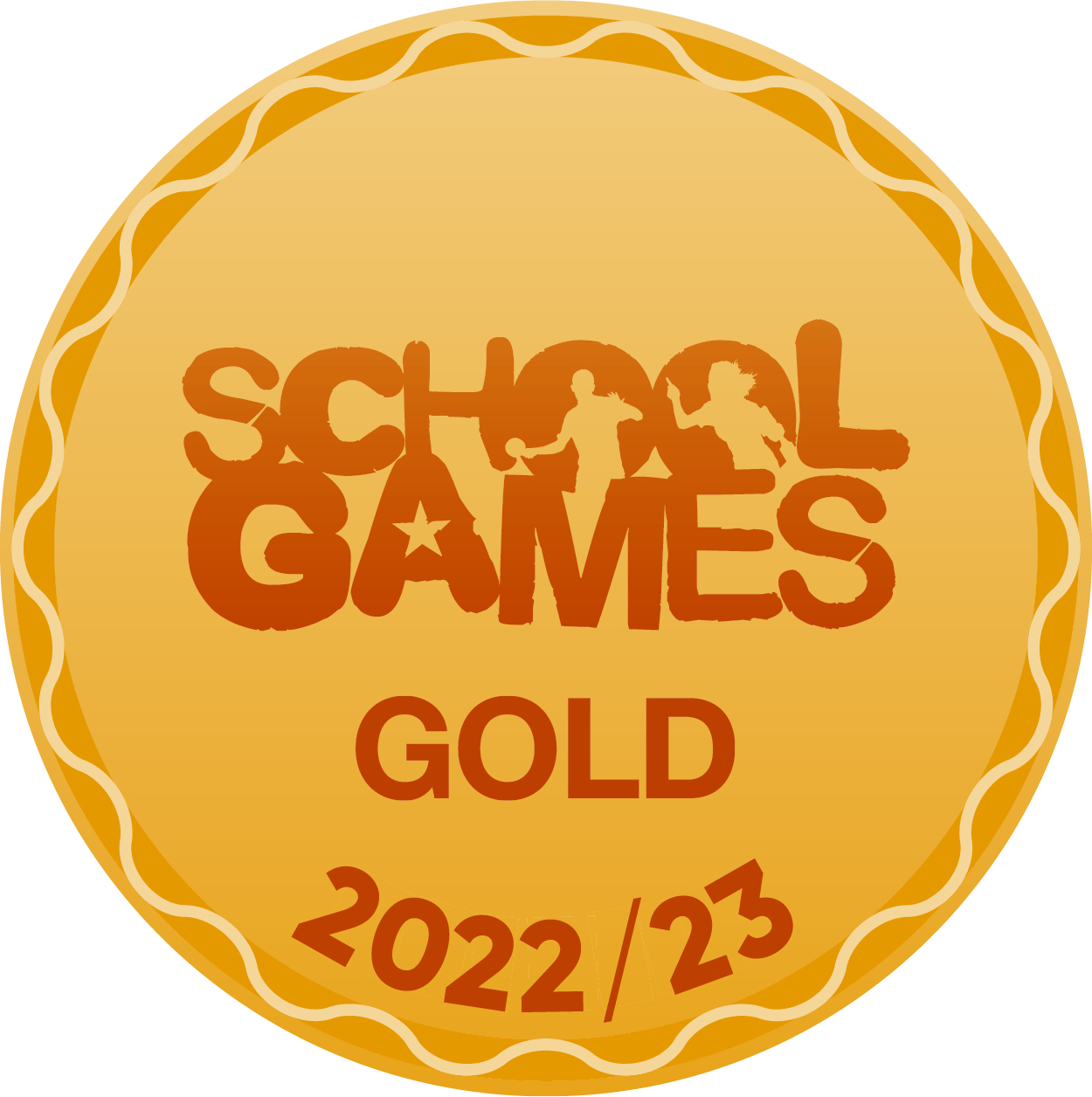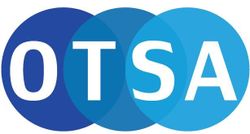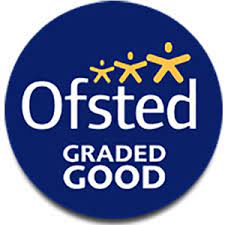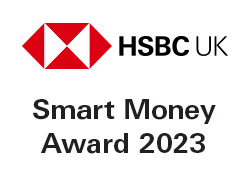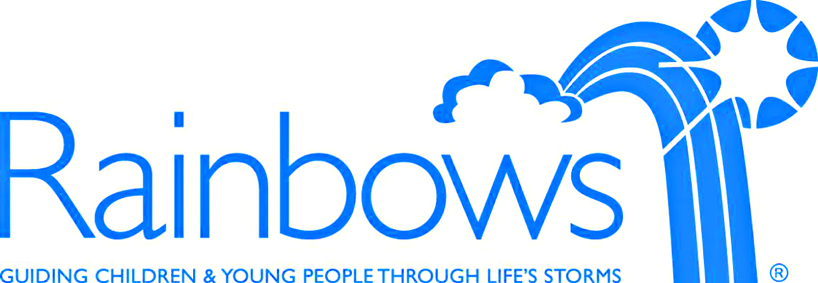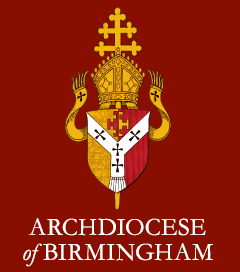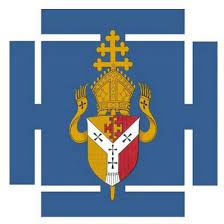Science
Intent
Our vision
At Our Lady’s we recognise the importance of encouraging and developing the natural curiosity and questioning that is innate within all children – and science is a key driver for this in our school.
We are surrounded, evermore, by technology and the products of science in our everyday lives. Public policy, local, national and international decisions that affect every aspect of our lives are based in scientific evidence and this has never been more evident than in the post-Covid-19 world we are now inhabiting. And, of course, the immensely complex natural world that surrounds us illustrates infinite scientific concepts. As children grow up in an increasingly scientifically-advanced world, they need to be scientifically literate to succeed.
All children leaving Our Lady’s should be able to query, hypothesise, explore, learn, solve problems and make informed decisions about the world around them. These skills are integral to every aspect of a student’s education and life, from school to career and will help them to solve future challenges in our ever-changing world.
Implementation
How do we implement our vision in our school?
We teach the aims and the objectives of the Early Years Framework (2021) and the National Curriculum (2014). At Our Lady’s the teaching of scientific enquiry begins in Nursery and progresses through the school to Year 6.
Wherever possible, Science is linked to termly topics. All learning builds on prior knowledge and experience and the children are prompted in this using ‘Flashback’ questions to ensure that children know more and remember more. We include the use of technology, wherever appropriate, to aid teaching and learning. Through teacher modelling and planned questioning, we want our children to wonder about and be amazed and surprised by the world around them as we recognise that our children sometimes have varying levels of experiences. Key scientific language is modelled throughout lessons enabling our children to be familiar with and use vocabulary accurately. Teachers are also encouraged to plan trips and visitors to enhance our children’s learning experience.
What does it look like in our classrooms?
Science teaching focuses on enabling children to think as scientists. To ensure high standards of teaching and learning in Science, teachers plan sequences of learning using our progression of knowledge and skills document. This progression document ensures the curriculum is covered and the skills/knowledge taught is progressive from year to year. Success criteria in science lessons are set in order to guide children to achieve their potential and deepen learning over time towards achieving age-related expectations.
At Our Lady’s we use the ‘Eight Dimensions of Science Capital’ to immerse children in the world of science so they have the best experience of science capital to improve their subject-specific knowledge and skills:
When leading the children through a line of scientific enquiry, we use the following method in science lessons:
Impact
By the time children leave Our Lady’s, they are confident scientists who can follow a line of enquiry and have acquired the knowledge and skills ready for the next stage of their education and onto the pathway towards a career in science. Through wider reading in science, children know how science is central to our everyday lives and how scientists have changed the world through the methods of research and development. Our children can confidently include scientific evidence to support their answers to the ‘Big Questions’ which are skills that they will use to solve the future scientific challenges of the modern world.
How do we monitor and review the impact of science at our school?
The science subject leader uses the following lines of enquiry to assess the impact of the science curriculum:
- The profile of Understanding of the World in Early Years.
- Opportunities for scientific enquiry in the indoor and outdoor classroom environments in Early Years.
- Understanding the World assessment data on Target Tracker (EYFS).
- Science assessment data on Target Tracker (Years 1-6).
- End of Key Stage 2 science sampling results and comparisons against national results (when applicable).
- Evidence of the profile of the Eight Dimensions of Science Capital around our school.
- Discussions with pupils.
- Discussions with teachers.
- Learning behaviour in the classrooms.
- Culture of science across the school.

